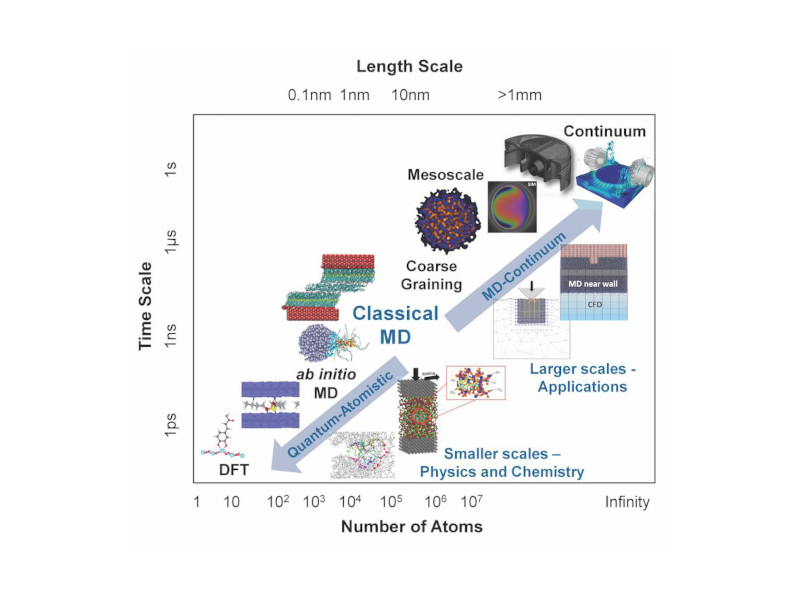A hiring clause in the labor agreement was firm on company adherence to the seniority requirement in filling job vacancies. However, no mention was made of limitations so far as promotions, work assignments, or layoffs were concerned.
A hiring clause in the labor agreement was firm on company adherence to the seniority requirement in filling job vacancies. However, no mention was made of limitations so far as promotions, work assignments, or layoffs were concerned.
This omission didn’t keep Plant Steward Rick Stritch from storming up to Maintenance Supervisor Frank Tucker’s desk when Mechanic Class II Phil Fosdick, a longtime employee, was laid off while Mechanic Class II Chris Evans, a junior employee, remained on the payroll.
“You’re in violation of the contract,” Stritch charged. “Fosdick has at least 5-yr seniority on Evans. You have no right to lay him off first.”
“Take a look here, and you’ll see what right I have,” Tucker replied, and pulled out the semi-annual Performance Report which showed up the status of Fosdick’s marginal work in dramatic contrast to the other man’s above-average productivity.
“Nothing in the contract states that you can use performance as an excuse to violate the seniority provision,” Stritch persisted.
“Nothing says I can’t.” Tucker retorted. “The only stated restriction applies to hiring. It’s management’s responsibility to operate this plant with the best interests of profits and productivity in mind. That means Fosdick goes, and Evans stays.”
“We’ll see about that.”
Question : Does the provision specifying seniority as a condition in hiring automatically apply to layoffs as well?
Monroe’s decision: Plant Engineer Mark Monroe backed Tucker’s action. “I can’t guarantee that every arbitrator would rule our way on this,” he told the supervisor, “but the contract clause spelling out management’s right and responsibility to run the plant in the most efficient and productive way possible, gives us license to lay off a marginal performer and retain an outstanding one.”



